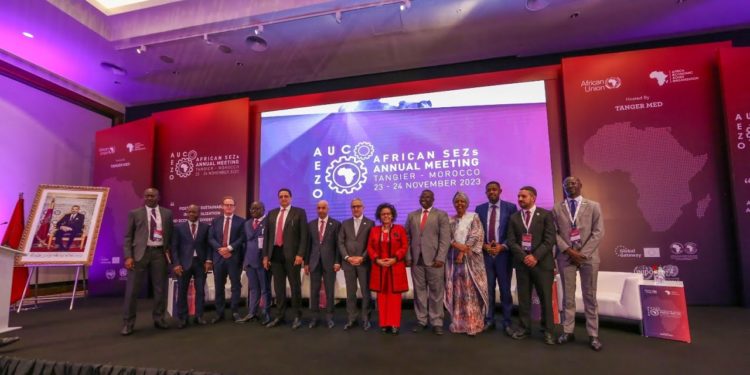Kenya’s Special Economic Zones (SEZs) have emerged as a cornerstone of the country’s economic growth, contributing KES 91 billion to the national GDP and creating over 7,000 direct jobs in the past year, including 3,000 in the last three months alone. These figures highlight the vital role SEZs play in the nation’s economic and industrial strategies.
Speaking at the 9th Annual African Special Economic Zone Organization (AEZO) Meeting at the Kenyatta International Conference Centre (KICC), Dr. Juma Mukhwana, Principal Secretary for the State Department of Industry, emphasized the government’s commitment to maximizing the potential of SEZs. “We are working around the clock to ensure that Special Economic Zones succeed in this country, with the help of the Special Economic Zones Authority. We understand the immense potential these economic zones hold for job creation and their contribution to Kenya’s revenue and GDP,” said Dr. Mukhwana.
The government attributes the success of SEZs to an investor-friendly environment with incentives designed to stimulate growth and development. These zones enable small and medium-sized enterprises (SMEs) to integrate into global value chains, fostering industrialization and trade. SEZs in Kenya are also leading in sustainability, incorporating clean energy initiatives, waste management innovations, and circular economy models to position the country as a leader in sustainable industrialization on the continent.
However, Dr. Mukhwana pointed out challenges, particularly the need for harmonized operations across African SEZs. He also called on African countries to set minimum wage benchmarks to ensure a competitive and fair investment environment. “Kenya has been ahead of many African countries in setting minimum wage standards. While this is an achievement, it sometimes positions Kenya as a more expensive investment destination,” he added.


















